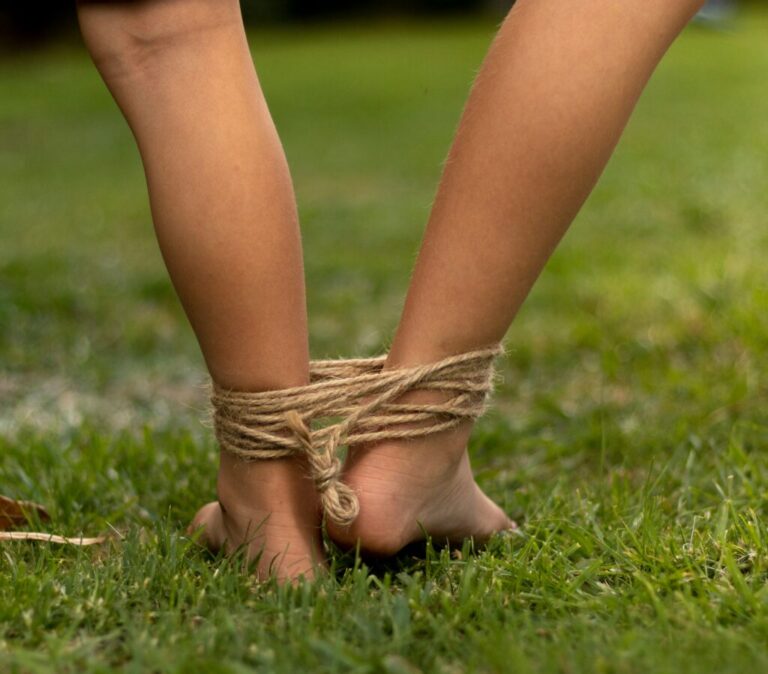Living with or loving someone who is in active addiction can quite literally, do your head in. We need to find better ways to cope and take care of ourselves.

Anyone who has a loved one with an addiction needs this model in their survival toolkit.
When your spouse or family member is struggling with an addiction, it’s often impossible not to want to step in and help. You can feel responsible or if it’s your role to get involved. That’s all very well, except all too quickly, you can get so overwhelmed with feelings that, along the way, you can lose yourself. In order to best support them, you need to take care of yourself and keep your head and heart steady. That’s where the Three C’s come in. Let me explain.
What Are The 3 Cs of Addiction?
The three C’s model of addiction is a way to understand your loved ones and connect with them, while also protecting yourself. It can guide you in maintaining your relationship with that person and ultimately help them to take personal responsibility for their actions and their sobriety. By acknowledging the three Cs, you can find the peace of mind necessary to help the person you love.
The three Cs of addiction are:
- I didn’t cause
- I can’t cure
- I can’t control
They are a core belief of Al-anon, the fellowship group for people who have a family member or a friend who is an addict… https://al-anon.org/blog/al-anons-three-cs/
I didn’t cause it
As an addict’s loved one, it’s essential that you understand and accept that you didn’t cause their addiction. There is nothing that you said or did, or didn’t do, that led to their addiction. Your loved one’s problems will have resulted from a combination of biological, psychological, and social factors that is unique to them. Don’t take responsibility yourself and don’t go looking for someone else to blame. Let go of any guilt you may feel, especially if the addict blames you.
I can’t cure It.
You wouldn’t assume that you could cure your loved one of cancer or heart disease. Addiction is no different. It’s not your job to be their doctor or nurse. And try as you might, you can’t wish this problem away. No amount of love, bribery, begging or reasoning is going to cure their addiction. Substance abuse causes mental and physical changes that make it incredibly difficult for the person to quit easily. And if a person can gain sobriety, don’t try to do their recovery work for them. They must work to maintain their sobriety themselves.
I can’t control it
One of the many horrible truths of addiction is that eventually the addiction will take over your loved one’s rational thinking and consequently, their actions. That’s why, however important you are to them, you mustn’t fall into the trap of thinking you can influence their course of action. Bottom line: you cannot control an addict’s behaviour. The decision to get sober must come from them. Trying to control an addict’s behaviour can also result in co-dependency, which can wear you down and ultimately damage your relationship. It’s an awful feeling that you cannot make the person you love get the help that they desperately need. But the sooner you accept your limitations, the more able you will be to support them from the side lines.
What you can do
- Get support for yourself
- Set boundaries between you and the addict.
- Get educated
- Talk to people.
- Be open to getting help for the whole family

